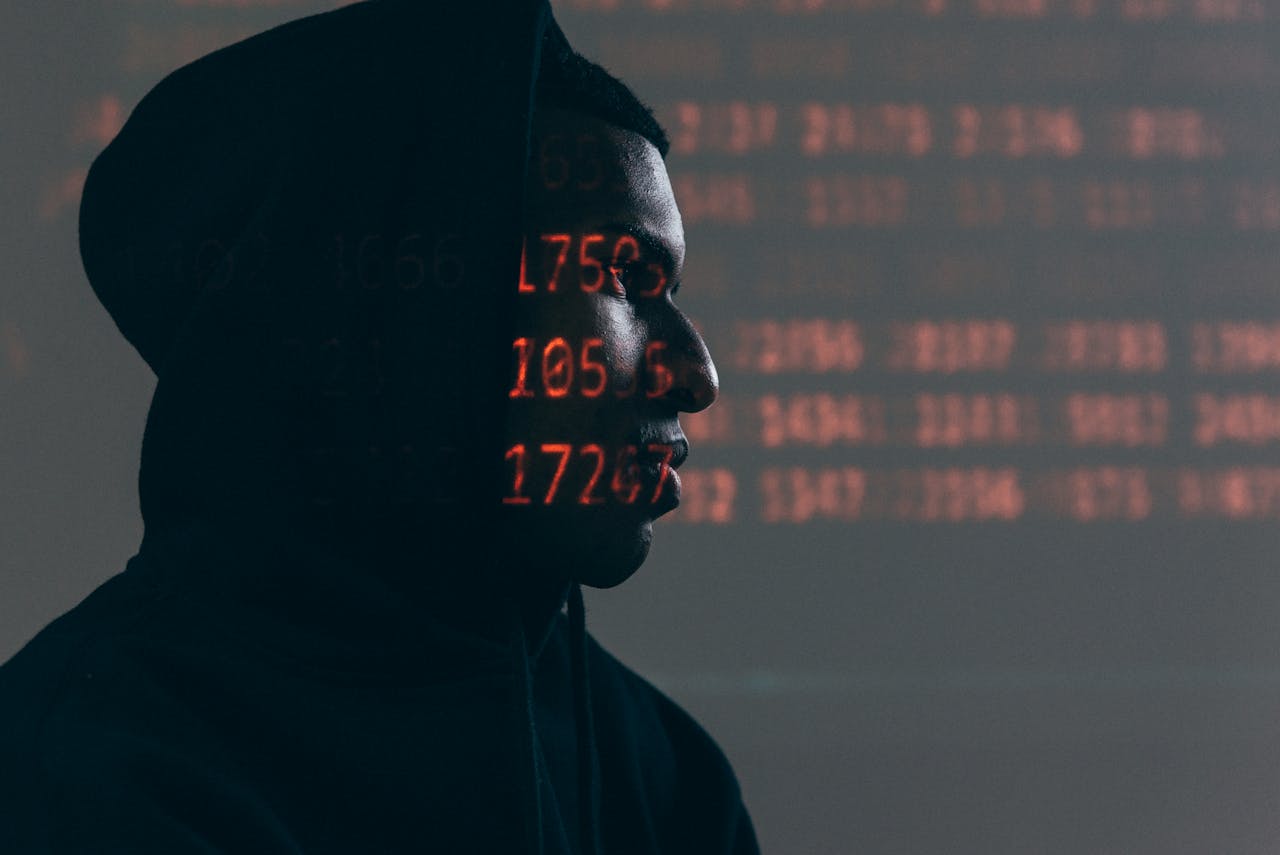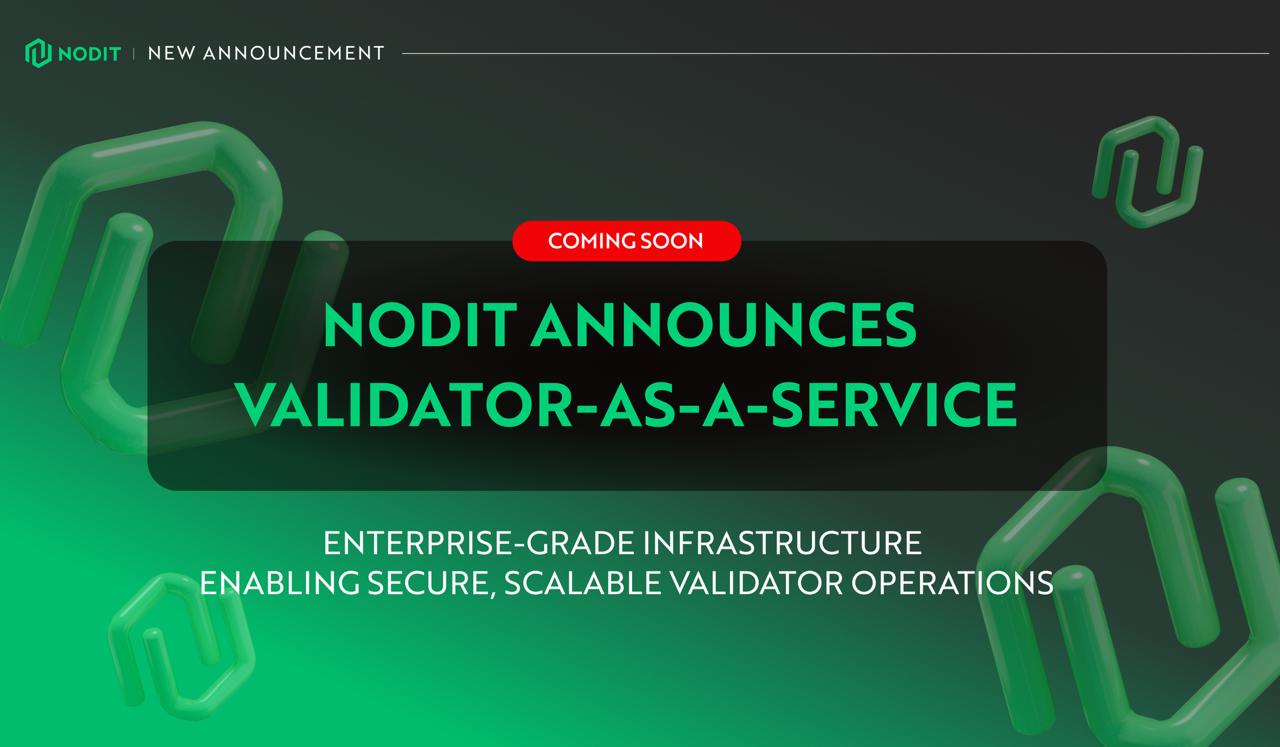Red Cross is currently looking to use blockchain to help build poor communities and establish a sound local economy in a bid to improve the legacy system. The Red Cross societies of Denmark, Norway, and Kenya will be collaborating to push this initiative forward.
A report by the Thomson Reuters Foundation outlines that Red Cross provides $1 billion financial aid on an annual basis to provide destitute communities assistance before and after a disaster strikes. But their effort is hampered by the fact that these communities don’t have a solid community foundation that can accelerate the rebuilding process.
People in these areas don’t have the cash to spend on goods and other services, so those who can provide these needs aren't incentivized to produce more of both. Red Cross aims to address this by creating a blockchain-based “local currencies” to encourage trade and promote the growth of economic activity.
Program rolling out to other regions
This initiative has already been tested and proven effective in areas around Kenya and Ethiopia, with researchers seeing a boost in the local economy by incentivizing people with credits that can be traded. Red Cross aims to expand the program in the next two years, which can be applied to Myanmar, Malawi, Cameroon, Zimbabwe, and Papua New Guinea, with an estimated reach of 320,000 people.
Grassroots Economics founder Will Ruddick said that this could completely change how humanitarian organizations build community resilience in struggling communities across the globe. Adam Bornstein, who’s on the alternative financing division of the Danish Red Cross, likened the program to Kenya’s M-Pesa mobile money transfer system minus the requirement to own Kenyan shillings.
The system itself can be run and maintained at a reasonable rate, costing about $40,000 for servers and support to encompass the entirety of Kenya. People who have phones with simple features can use the system and create their own credit and saving pool, opening possibilities that’s otherwise impossible through other means.
Resistance arises
With blockchain providing an immutable ledger and top-of-the-line transparency, people behind this endeavor can easily monitor how well the program is doing and adjust accordingly if an issue arises, further decreasing the project’s cost. However, some banks in Kenya have already expressed their concern as the creation of more sophisticated community credit offerings may decrease loan demands.
Red Cross isn’t the only aid foundation turning to blockchain to streamline its operation. Last week, America’s Federal Emergency Management Agency said it will be looking to adopt blockchain technology to accelerate aid provision to states that have been struck by a disaster.

























Comment 1